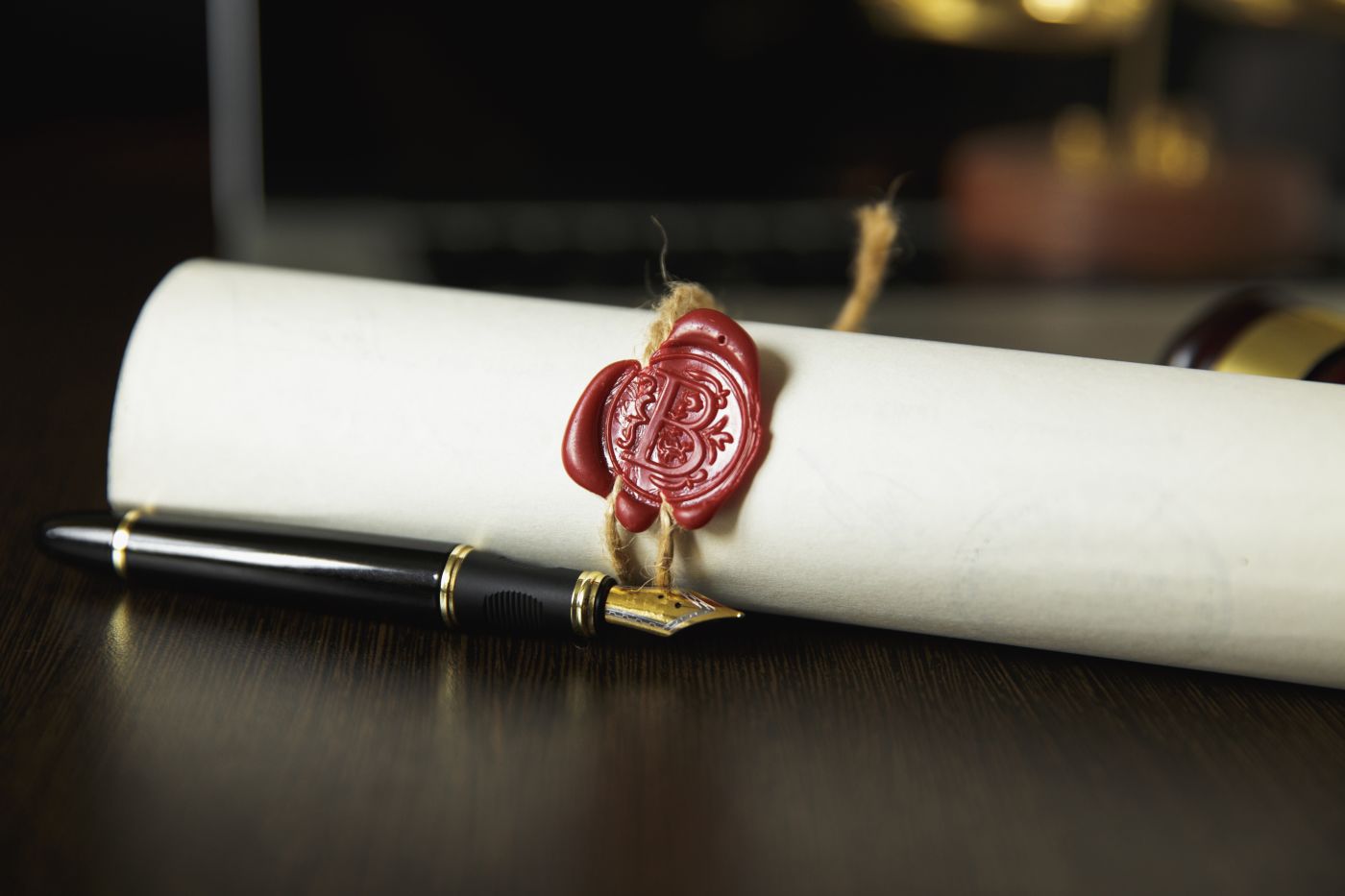Many of those who live around Hilton Head Island or who visit regularly from other parts of South Carolina may not realize how they have already take many steps to avoid having their assets go through probate after their deaths.
Even people with relatively modest amounts of wealth may have hundreds of thousands of dollars, if not millions, invested in different nonprobate assets.
As the name implies, these assets pass from one generation to the next without going through a probate estate, thus making it easier, and less expensive, to transfer wealth.
Nonprobate assets include the following items:
Real estate that is jointly held with survivorship rights, A common arrangement among married couples, this type of property will not go through probate. When one owner dies, the other owner or owners automatically receive the deceased person’s share in the real estate. A South Carolinian can tell if property is jointly held by examining his deed.
Beneficiary accounts, which include many common retirement plans like a 401(k) or an Individual Retirement Account, or IRA will go to the account’s named beneficiary. As a word of caution, though, a person who owns these accounts will need from time to time to make sure that her beneficiary designation is as intended.
Life insurance proceeds will also go to the designated beneficiary.
Finally, trust property and income will be transferred according to the instructions in the trust document. For example, many people can benefit from revocable living trusts and use these devices to avoid probate. However, these trusts have to be correctly set up in order to be effective estate planning devices.
Not accounting for one’s nonprobate assets can lead to costly mistakes
A through estate plan would include a person’s inventorying her nonprobate assets and understanding who will receive these assets in the event of her death.
Many times, a person will still want to have at least a will that takes account of these assets. In other cases, he may want to name a trust as the beneficiary of life insurance or a retirement account.
Not taking these important steps can lead to negative tax consequences for an estate. It can also result in other problems, including an unfair distribution of wealth that leads to fighting within a family.
An experienced estate planning attorney can help coordinate nonprobate assets.



